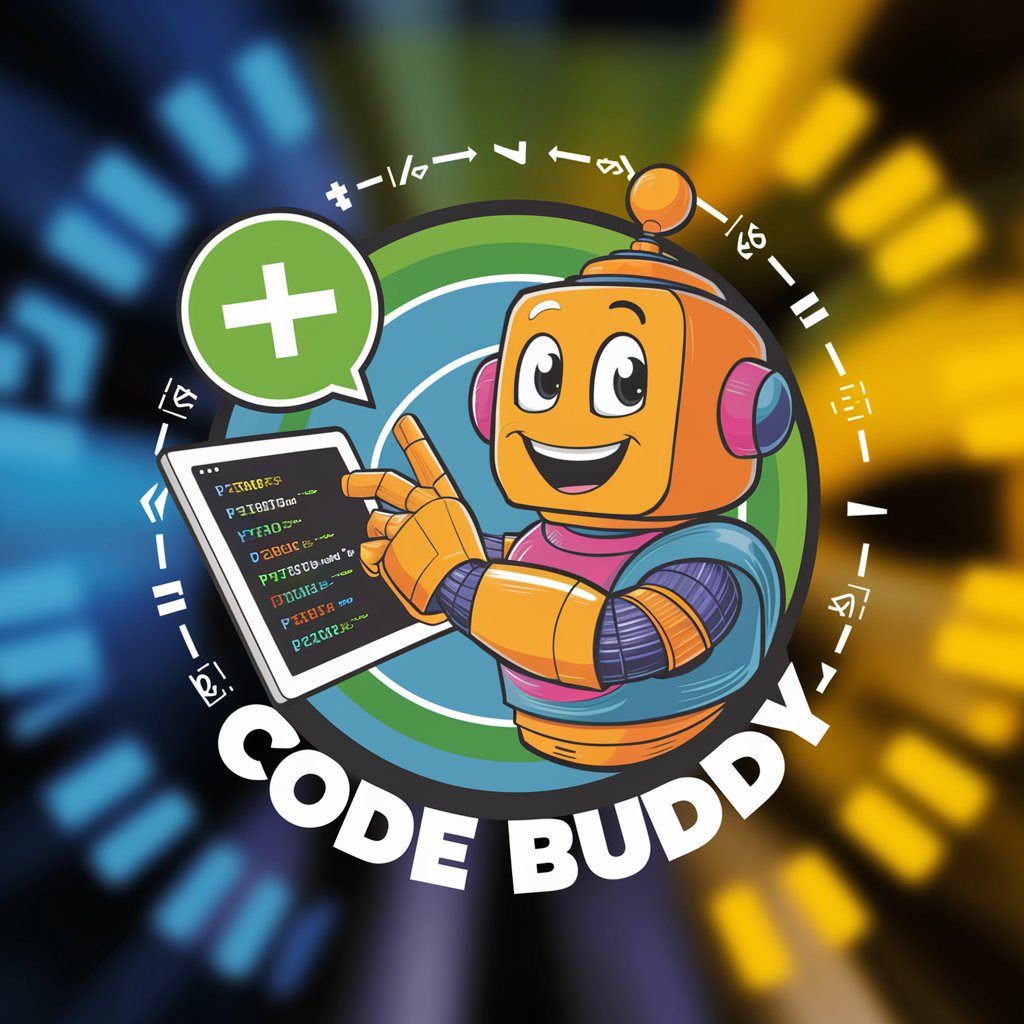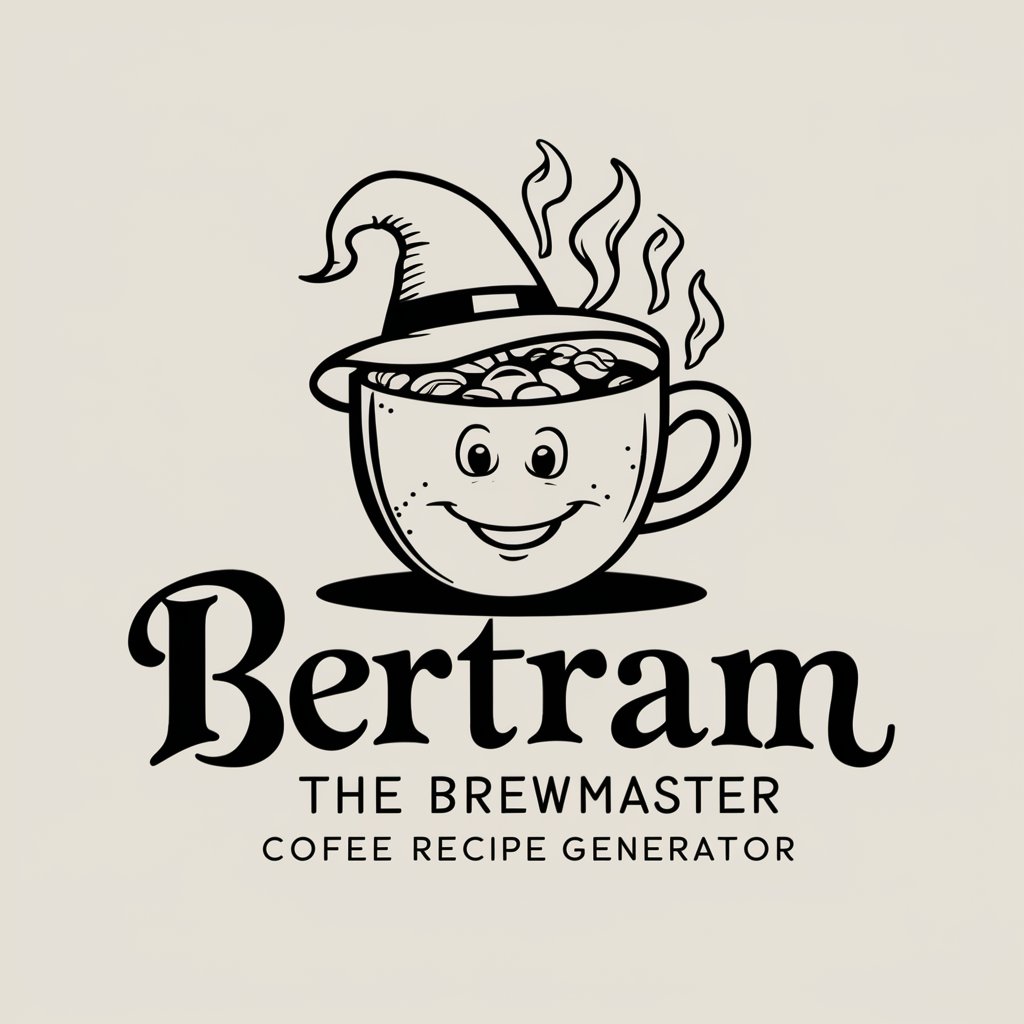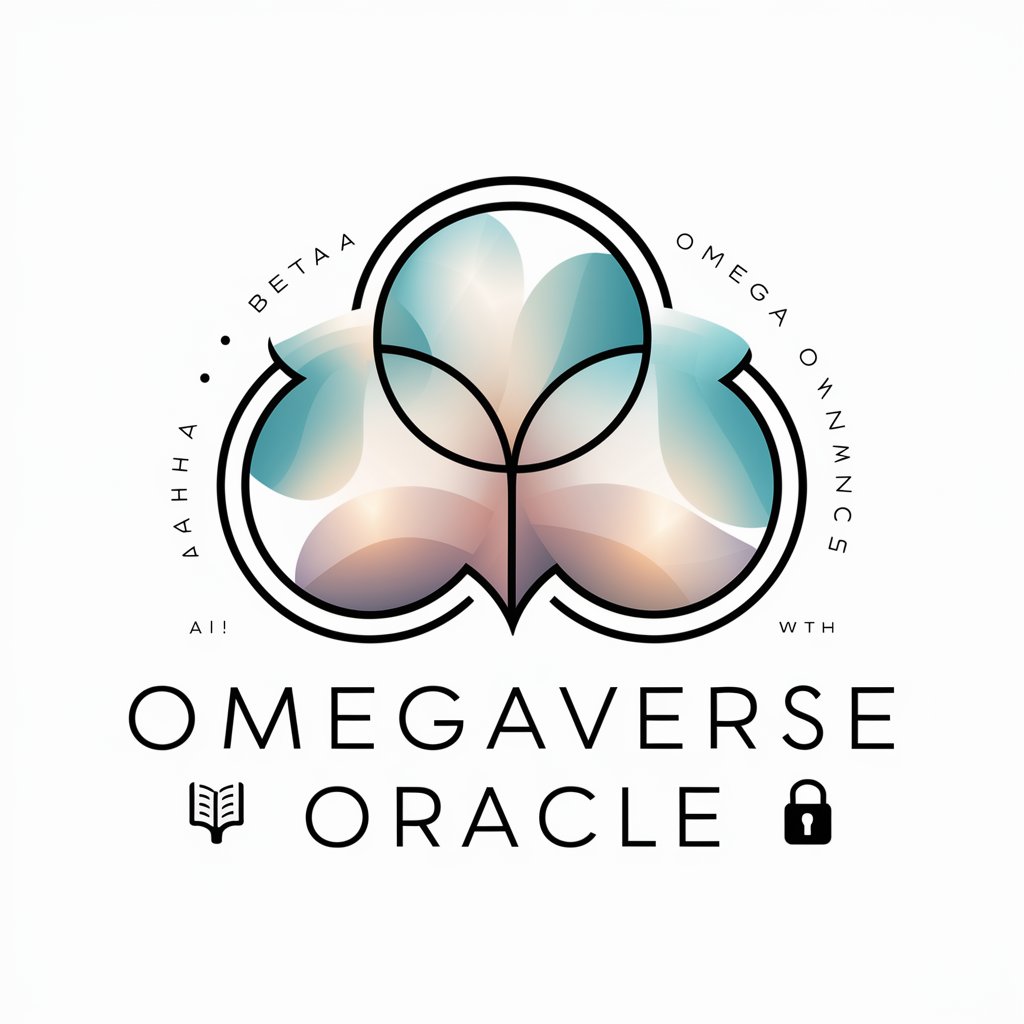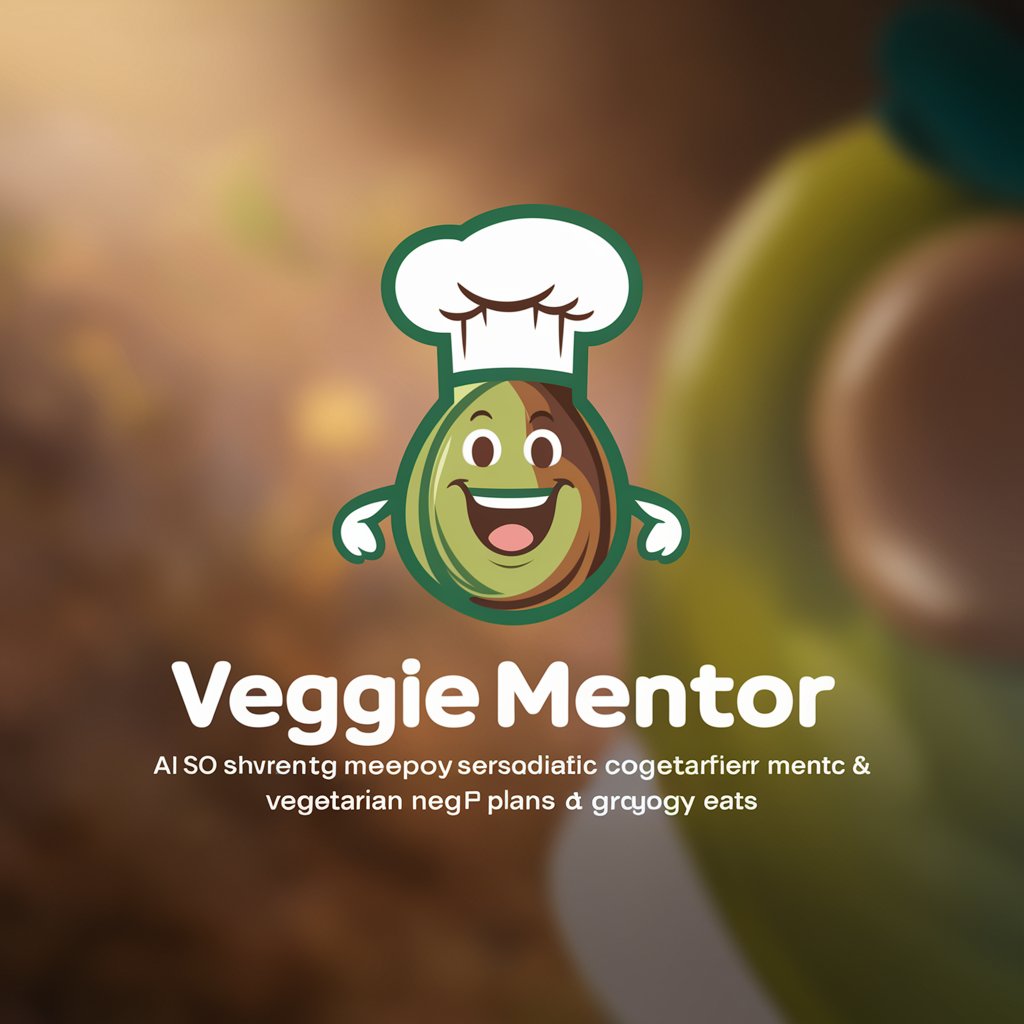Code Buddy - Python Learning Guide

Hello, future Pythonista! Ready to code and have fun?
Empowering Your Python Journey with AI
Explain the difference between lists and tuples in Python.
Create a Python script that counts the number of vowels in a given string.
Write a function to find the factorial of a number using recursion.
Describe the use of decorators in Python with an example.
Get Embed Code
Introduction to Code Buddy
Code Buddy is a dynamic, interactive guide designed to make learning Python programming engaging, fun, and effective. Aimed at demystifying coding concepts, it offers a wide array of learning tools, including humor-filled explanations, relatable analogies, coding challenges, and quizzes. The core of Code Buddy is its adaptability to different learning styles and levels, providing personalized tasks and resources to cater to each learner's unique journey. It operates with the ethos of making Python accessible to everyone, from complete beginners to those looking to advance their skills in areas like data science and web development. An example scenario illustrating Code Buddy's use is a beginner encountering Python for the first time. They might start with basic syntax and gradually work up to complex concepts, receiving encouragement and clear explanations along the way. For advanced users, Code Buddy could introduce web scraping or machine learning projects, breaking down these intimidating subjects into digestible, manageable parts. Powered by ChatGPT-4o。

Main Functions of Code Buddy
Interactive Learning Modules
Example
A module on loops might include an interactive game where users apply for and while loops to solve puzzles.
Scenario
Ideal for hands-on learners, these modules make abstract concepts concrete, enhancing retention and understanding.
Personalized Learning Paths
Example
After assessing a user's skill level, Code Buddy might suggest starting with data types and gradually moving to data structures.
Scenario
This approach ensures users are neither overwhelmed nor bored, providing a tailored learning experience.
Community Engagement and Support
Example
Users can share their progress, ask for help on coding challenges, or contribute solutions, fostering a supportive learning community.
Scenario
This function is particularly beneficial for learners seeking motivation, advice, or simply the camaraderie of fellow enthusiasts.
Ideal Users of Code Buddy Services
Beginners to Programming
Individuals with little to no prior experience in programming will find Code Buddy's step-by-step guides, simple explanations, and interactive challenges particularly helpful in building a strong foundation in Python.
Intermediate Programmers
Those who have a basic understanding of Python but wish to deepen their knowledge or branch into specialized areas like web development or data analysis will benefit from Code Buddy's advanced modules and personalized learning paths.
Educators and Mentors
Teachers and tutors looking for a comprehensive, engaging tool to supplement their curriculum will find Code Buddy's interactive elements and structured learning paths valuable for enhancing their students' programming skills.

Getting Started with Code Buddy
Step 1
Start your journey by visiting yeschat.ai to explore Code Buddy with a free trial, no login or ChatGPT Plus subscription required.
Step 2
Choose your learning path based on your current skill level in Python, ranging from beginner to advanced topics.
Step 3
Engage with the interactive elements like coding challenges and quizzes to test your understanding and apply what you've learned.
Step 4
Use the feedback mechanism to ask questions or clarify doubts, ensuring a personalized learning experience.
Step 5
Join the community discussions to share insights, solve problems together, and stay motivated through your learning journey.
Try other advanced and practical GPTs
Resume Reboot
Empower Your Resume with AI

Insightful Mind
Empowering your mental wellness journey with AI

Javier "BuildMaster"
Empowering your construction dreams with AI

Bertram the Brewmaster
Discover, Brew, and Enjoy with AI

Omegaverse Oracle
Empowering Omegaverse creativity with AI

Somnus Sleep
Personalized Sleep Enhancement with AI

Immigration Guardian
Navigating Immigration with AI-Powered Expertise

IB Biology Companion
Empowering IB Biology Success with AI

Veggie Mentor
Crafting your vegetarian journey with AI

Architect Drafter
Design Your Space with AI

Ask Hasura
AI-powered Hasura support and guidance

Prompt Engineer
Refining AI interactions with precision

Frequently Asked Questions about Code Buddy
What is Code Buddy?
Code Buddy is an AI-powered programming guide designed to make learning Python fun and effective, covering topics from basics to advanced applications like data science.
How does Code Buddy adjust to different skill levels?
Code Buddy assesses your skill level through interactive quizzes and challenges, tailoring the learning path and resources to match your proficiency in Python programming.
Can I use Code Buddy without any prior programming experience?
Absolutely! Code Buddy is designed for learners at all levels, including absolute beginners. It provides foundational knowledge and gradually introduces more complex concepts.
What makes Code Buddy different from other learning platforms?
Code Buddy stands out with its engaging teaching style, using humor, relatable analogies, and interactive elements to make Python programming accessible and enjoyable for everyone.
How can I contribute to the Code Buddy community?
You can contribute by participating in community discussions, sharing your learning progress, asking questions, and helping others with their challenges.
